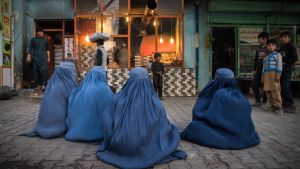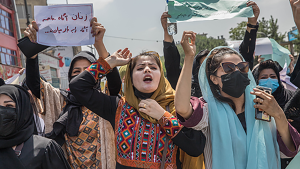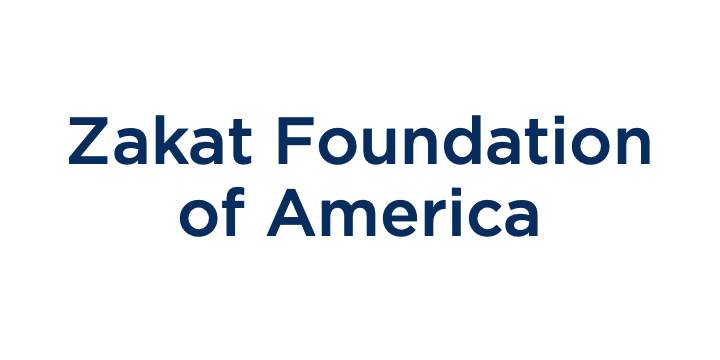Amplifying Women's Rights in Afghanistan
As the Taliban crackdown on women’s rights continues, an expert panel discusses how the global community can support Afghan women and girls.
About This Event
The Taliban resurgence has had a seismic impact on the lives and rights of Afghans, leading to a humanitarian and human rights crisis. Women and girls face the most devastating consequences as two decades of progress are reversed. Despite assurances, the Taliban excludes them from work, secondary school, and government, restricts their freedom of movement without a male chaperone, and dramatically increases their risk for gender-based violence. Human Rights Watch’s Heather Barr, Afghan journalist Lotfullah Najafizada, and the Council's Elizabeth Shackelford unpack how to strengthen Afghan women’s rights and agency, and how the United States and international community can promote an inclusive, stable Afghanistan.
About the Speakers
Associate Director, Women's Rights Division, Human Rights Watch

Heather Barr is associate director of the Women's Rights Division at Human Rights Watch. She has researched human rights in many countries, including Afghanistan. Special focuses of her research include child marriage, girls’ education, women’s access to health care, domestic violence, online gender-based violence, "moral crimes," and more. Before joining the Human Rights Watch, she worked at the United Nations on human rights and legal reform in Afghanistan, Bangladesh, Burundi, and Jordan.

Afghan Journalist

Lotfullah Najafizada is an award-winning journalist. His strive for free press in Afghanistan has been recognized by the Reporters Without Borders’ prestigious medal, Press Freedom Heroes. He has also been named a Next Generation Global Leader by TIME Magazine and a “30 Under 30” journalist by Forbes.

Elizabeth Shackelford
Former Senior Fellow, US Foreign Policy

Elizabeth Shackelford, a former career diplomat who served the US Mission to Somalia and the US Embassy in South Sudan, focuses on building awareness and understanding of a "restraint" approach to foreign policy, which seeks to limit the use of force to core US security interests and favors diplomatic engagement.

Related Content
 Human Rights
Human Rights
REUTERS
Afghanistan's Humanitarian Crisis Requires Tough Choices
International Crisis Group’s Laurel Miller and former US Ambassador to Afghanistan P. Michael McKinley join Deep Dish to explain what the United States and the world should do to help the Afghan people.




